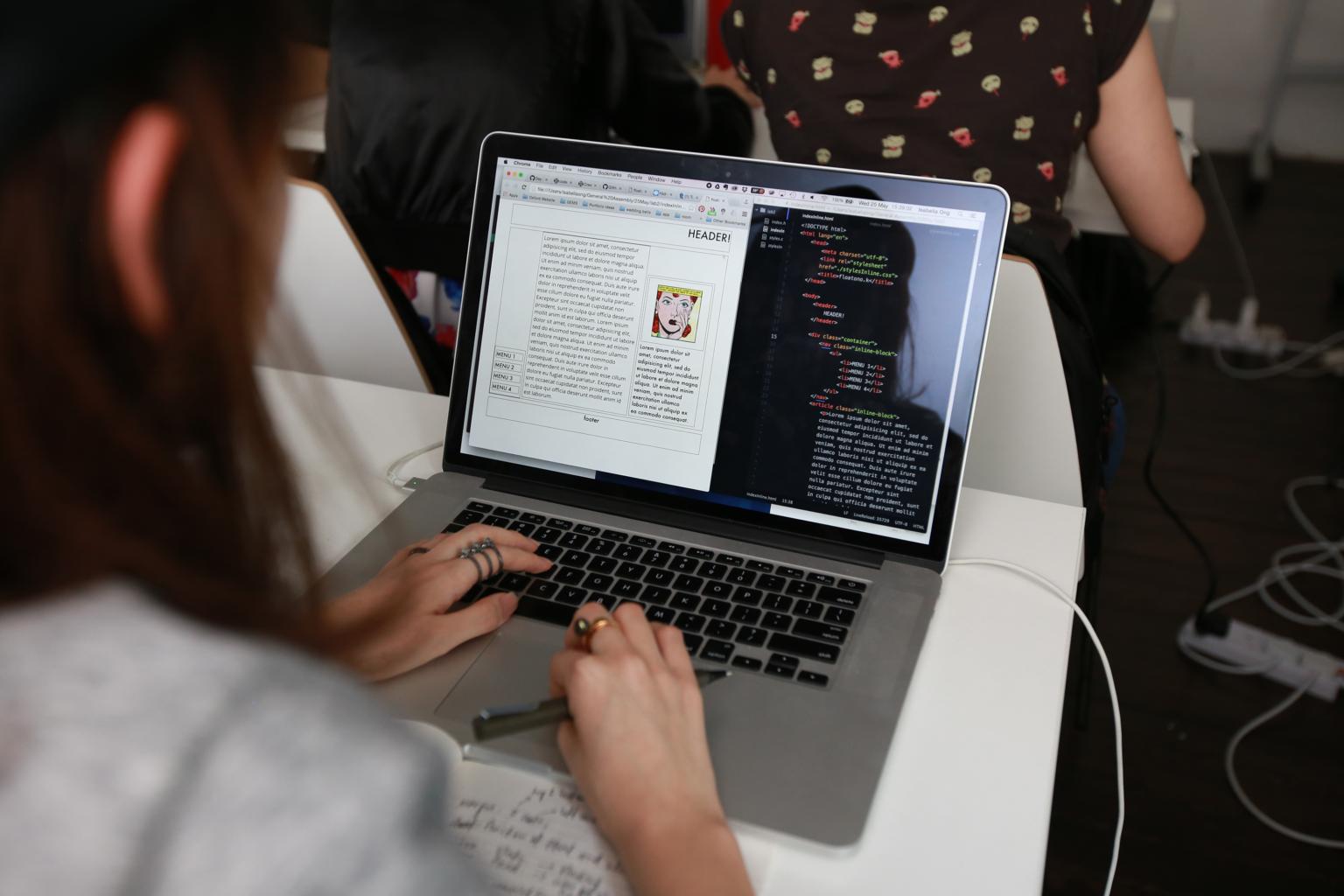Singapore tops fixed broadband speed rankings but places 4th for mobile
Sign up now: Get ST's newsletters delivered to your inbox

Singapore clocked an average broadband surfing speed of 154.38 Mbps on computers.
PHOTO: ST FILE
Follow topic:
SINGAPORE - Singapore has come out on top in two separate global fixed broadband speed tests published earlier this week. However, one of the tests also shows that Singapore has catching up to do for mobile broadband speeds.
According to US-based Ookla's Net Index - watched closely by many authorities and Internet service providers - Singapore aced 132 other countries last month (July) to clock the fastest average broadband surfing speed of 154.38Mbps on computers. It has been maintaining its pole position over the last 12 months, measured and published every month.
In a separate report by Britain-based Web consultancy firm Cable.co.uk, Singapore also topped a ranking of 189 countries with its average surfing speed of 55.13Mbps, based on data collected across the 12 months up to May this year (2017).
In other words, Internet users in Singapore could download a 7.5GB high-definition movie in less than 19 minutes, said Cable.co.uk. Comparatively, it takes over two days to download the same movie in last-placed Yemen.
"Singapore is a city-state covering a very small area compared to many on the list, making it far easier to reach its population with high-speed pure fibre lines. It is also highly tech-dependent," said Mr Dan Howdle, consumer telecoms analyst at Cable.co.uk.
Mr Joongshik Wang, consultancy firm Ernst & Young Corporate Finance's partner of transaction advisory services, said Singapore owes the high quality of its networks to competition. "In Singapore, not only do we enjoy fast broadband speed, there is (also) enough competition in the market to keep pricing affordable," he said.
Industry regulator and promoter the Infocomm Media Development Authority (IMDA) attributed intense competition to the roll-out of a Singapore government-backed Next Generation Nationwide Broadband Network (NGNBN) islandwide in 2010. The NGNBN allows broadband connectivity to be available at fixed wholesale prices and attracted startups like MyRepublic and ViewQwest.
Cable.co.uk draws on data collected by a research initiative, dubbed Measurement Lab (M-Lab), championed by think tank New America Foundation, search giant Google and Princeton University, among others.

M-Lab provides online tools that help consumers test the actual speed of their broadband connections, with 63 million tests done globally including about 51,000 tests in Singapore.
Its methodology is similar to that of Ookla, although the latter is more popular among consumers running over 9 billion tests globally including some 1.5 million tests in Singapore.
Surfing speeds recorded by Ookla are higher than that registered by M-Lab as different Internet protocols were used in the separate tests.
Although Singapore stayed in Ookla Net Index's top spot for fixed broadband, it has catching up to do for mobile broadband speeds. For the latter, the Republic is only ranked fourth with an average 3G and 4G surfing speed of 45.99Mbps - trailing behind Norway (52.59Mbps), Netherlands (46.94Mbps) and Hungary (46.24Mbps).
Since being ranked first in August last year (2016) for its average mobile surfing speed of 40.45Mbps, Singapore's rank has been slipping - even though mobile surfing speeds have improved slightly.
A StarHub spokesman said: "Singapore's dense (urban) landscape presents unique challenges for telcos. High-rise buildings, for instance, obstruct mobile signals."
Even so, StarHub and rivals Singtel and M1 have been upgrading their networks to improve surfing speeds and coverage.

